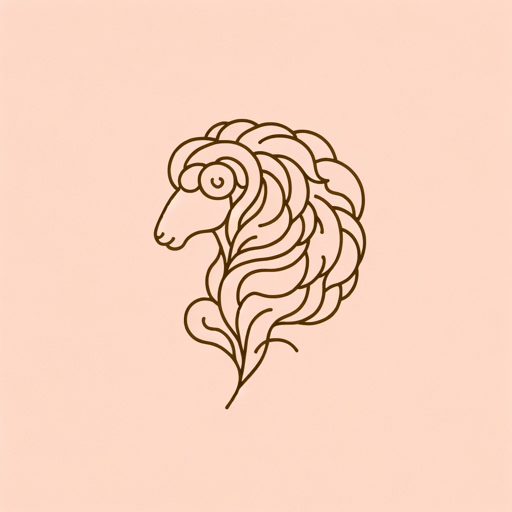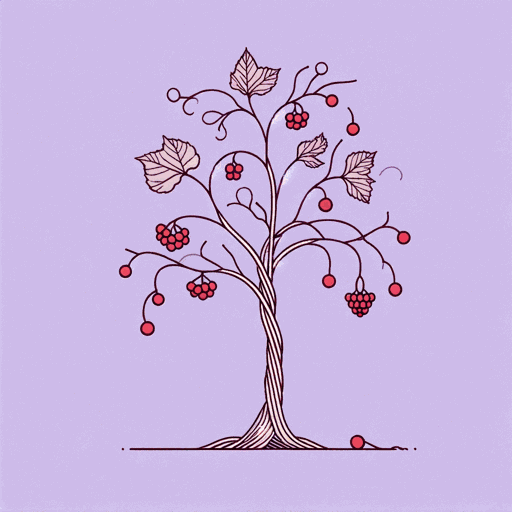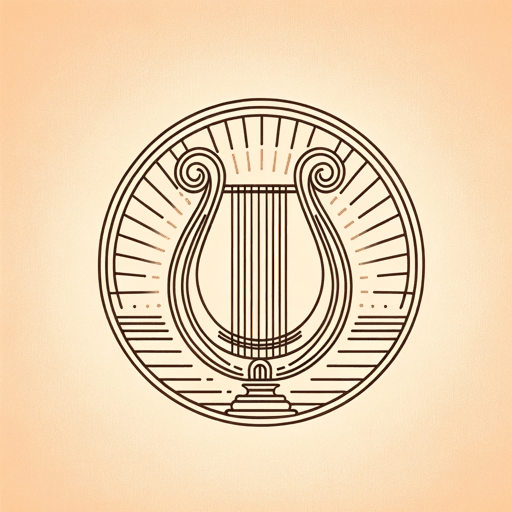94 pages • 3 hours read
OvidMetamorphoses
Fiction | Novel/Book in Verse | Adult | Published in 8A modern alternative to SparkNotes and CliffsNotes, SuperSummary offers high-quality Study Guides with detailed chapter summaries and analysis of major themes, characters, and more. For select classroom titles, we also provide Teaching Guides with discussion and quiz questions to prompt student engagement.
Important Quotes
“Of bodies changed to other forms I tell;
You Gods, who have yourselves wrought every change,
Inspire my enterprise and lead my lay
In one continuous song from nature’s first
Remote beginnings to our modern times.”
(Book 1, Page 1)
With these opening lines, Ovid participates in the tradition in epic poetry of invoking a god or gods to help the author or composer create their verses. Often the gods invoked are the Muses, although here Ovid appeals more broadly and generally to the gods at large. Ovid also announces the subject of his grand poem: changes that have occurred from the beginning of time up until his day. These “changes” are the source of the text’s title: “metamorphoses” is derived from the Greek word for changes or transformations.
“And when, to plead with Argus, she would try
To stretch her arms, she had no arms to stretch.
Would she complain, a moo came from her throat,
A startling sound—her own voice frightened her.”
(Book 1, Page 20)
After Jupiter transforms Io into a cow, he gives her to Juno, who then puts Io (whom she does not know used to be human) under the watch of the 100-eyed guard Argus. Io wants to ask Argus for his help, but Ovid vividly details how she is unable. At this point in the myth, Io is trapped as a human with human desires inside the restrictive body of a cow, unable to communicate either through gesture or words. Ovid highlights the tragedy and torture of the situation for Io when he details how hearing her own words come out as moos scares Io.
Related Titles
By Ovid




